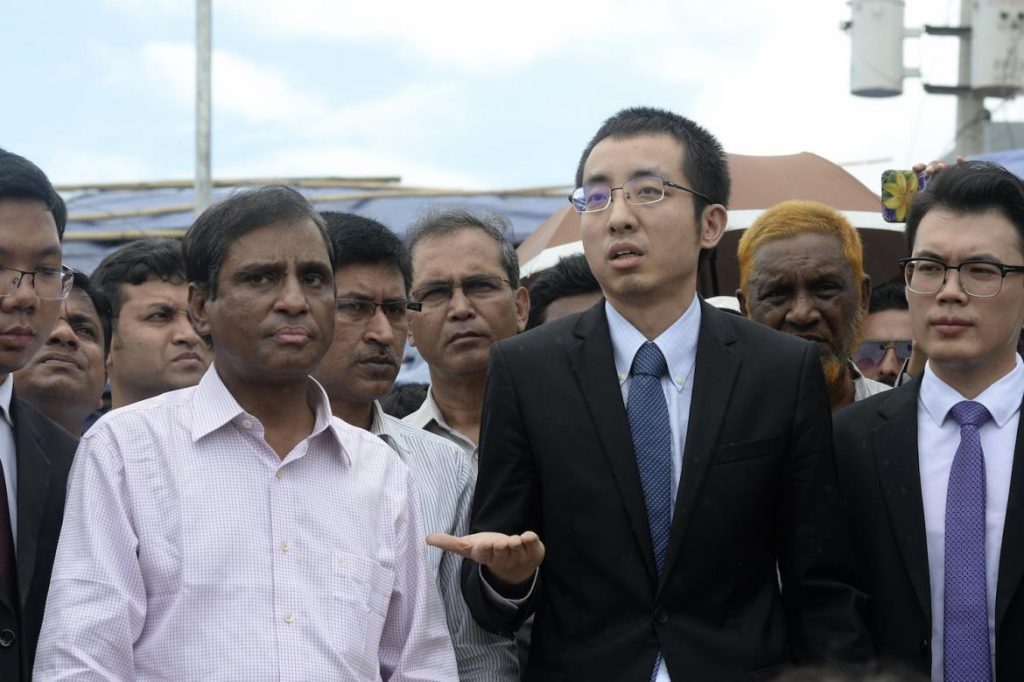By AFP
YANGON — Myanmar on Friday pushed blame for its second failed attempt to repatriate the Rohingya on Bangladesh, a day after not a single refugee turned up to return to conflict-scarred Rakhine State.
The Myanmar military waged a brutal crackdown on the stateless Muslim minority in western Rakhine State, leading to an exodus of more than 740,000 Rohingya to neighbouring Bangladesh.
The region remains riven by religious and ethnic conflict.
The Rohingya who stayed remain confined in squalid camps or villages with no freedom of movement.
Support more independent journalism like this. Sign up to be a Frontier member.
Despite a 2017 pact signed by the two countries, the first repatriation efforts have failed, with virtually no Rohingya agreeing to return without guarantees of safety and citizenship.
A fresh push was to begin Thursday, with both governments vowing to repatriate nearly 3,500 Rohingya, but this again fell flat when no one turned up for buses intended to ferry them across the border.
Myanmar’s Ministry of Foreign Affairs continued the blame game Friday.
“Smooth repatriation for the displaced persons would require the adherence to the bilateral agreement,” the state-run Global New Light of Myanmar said.
The ministry put the onus on Bangladesh for failing to distribute the correct paperwork, so-called “verification forms” to potential returnees, a controversial form of ID that falls short of granting Rohingya citizenship.
“This procedure was not adhered to,” it said, adding Bangladesh had also “ignored” a request to expedite the return of more than 400 Hindu refugees.
The ministry confirmed China and Japan had facilitated repatriation, and it had been the Chinese government that informed them earlier this month of Bangladesh’s intent to re-start the process.
Dhaka is eager for the Rohingya’s return, with its resources severely strained by nearly a million refugees living in camps.
Thursday’s no-show by the refugees was “very disappointing” for Bangladesh, said foreign minister Mr A.K. Abdul Momen.
He added the Rohingya were taking the country “hostage” by insisting on their demands for citizenship.
But rights groups warn that conditions are not right for repatriation, and UN investigators say the 2017 violence warrants the prosecution of top generals for “genocide”.
Any Rohingya returning to Myanmar “will be going back into a situation of persecution”, Mr Christopher Sidoti, a UN fact-finding team member, told AFP this week.
The Myanmar military is also currently locked in fierce fighting with the Arakan Army, a group claiming to fight for autonomy for the ethnic Rakhine people.







